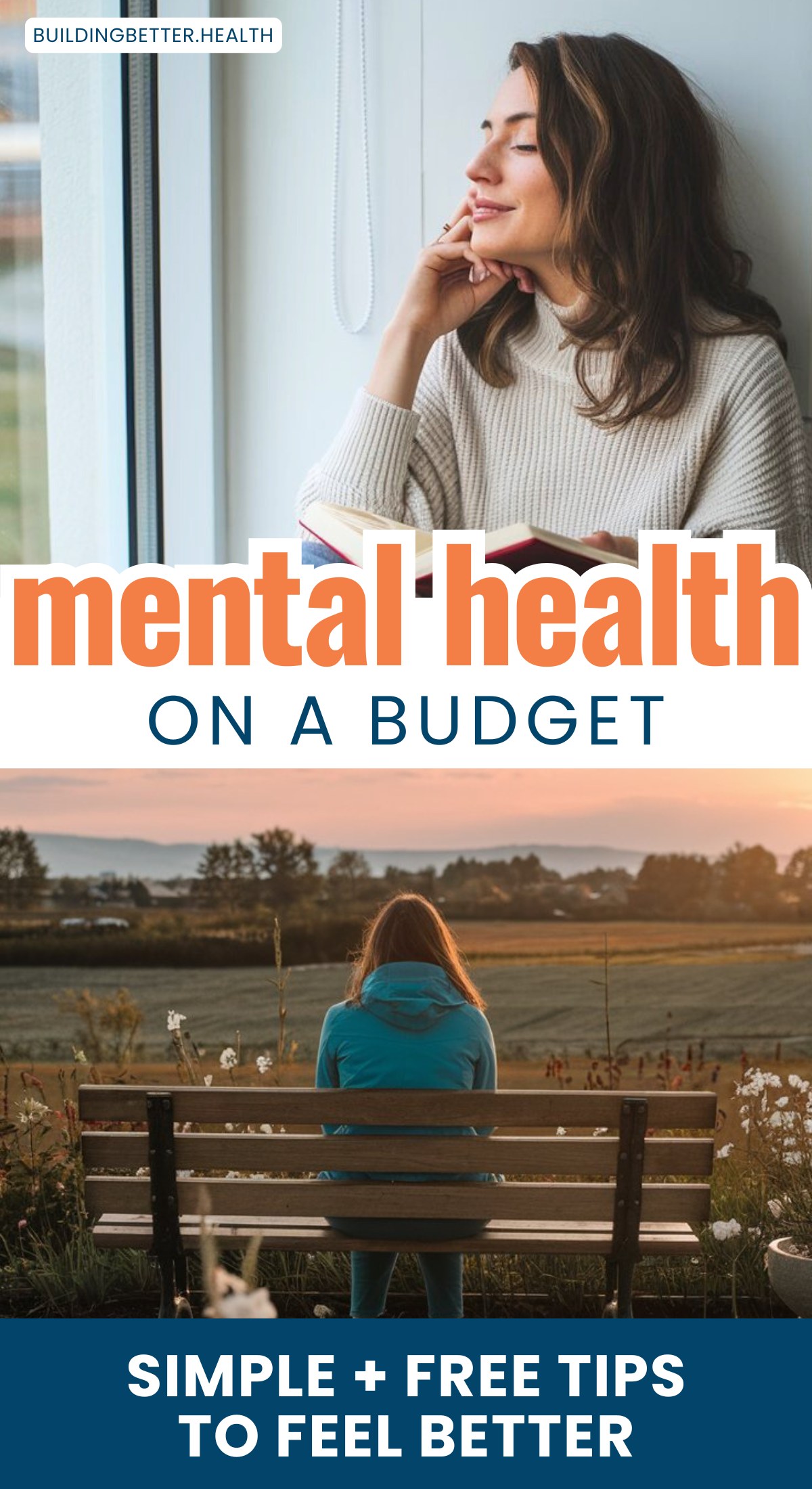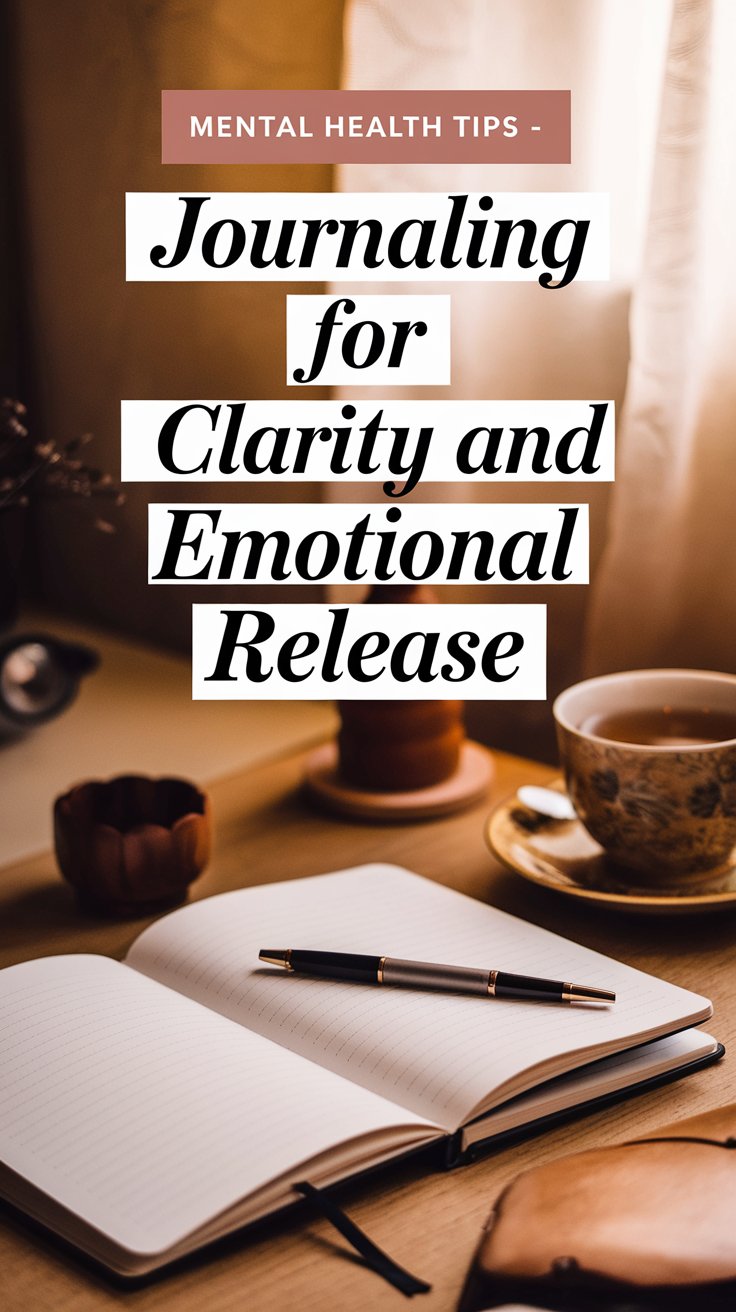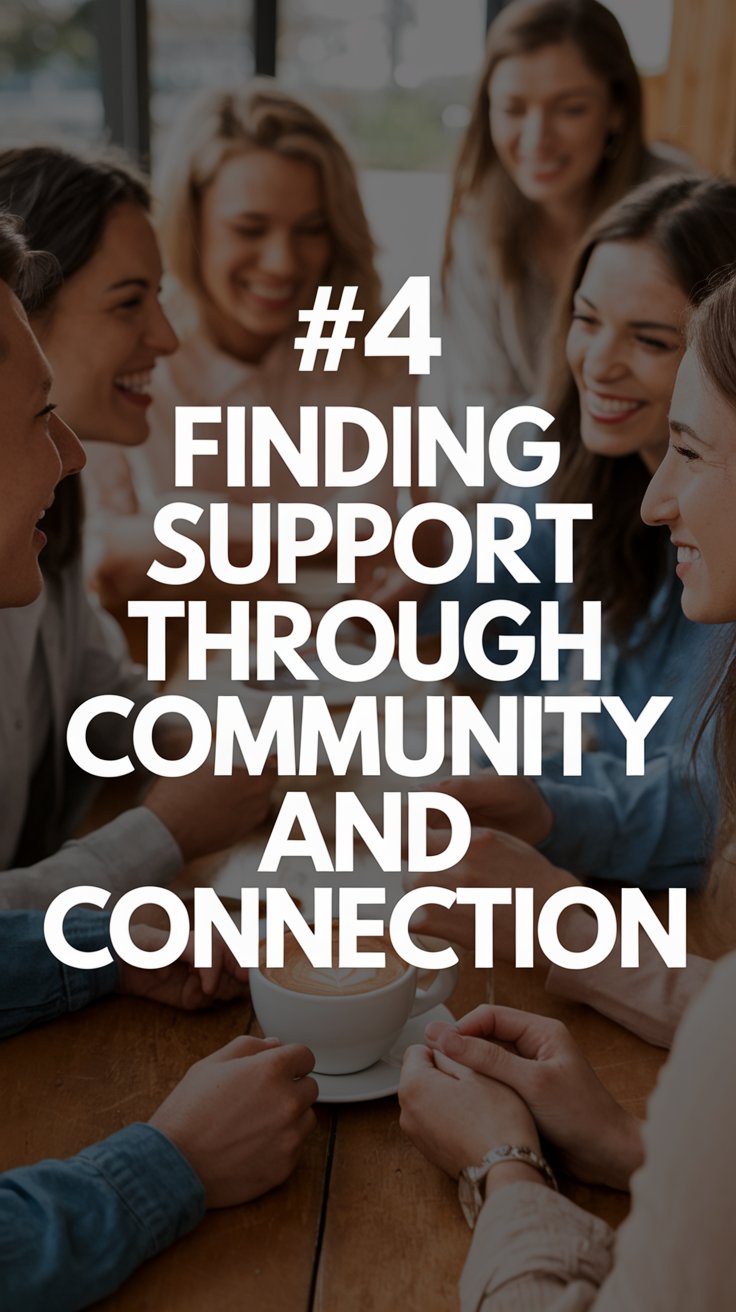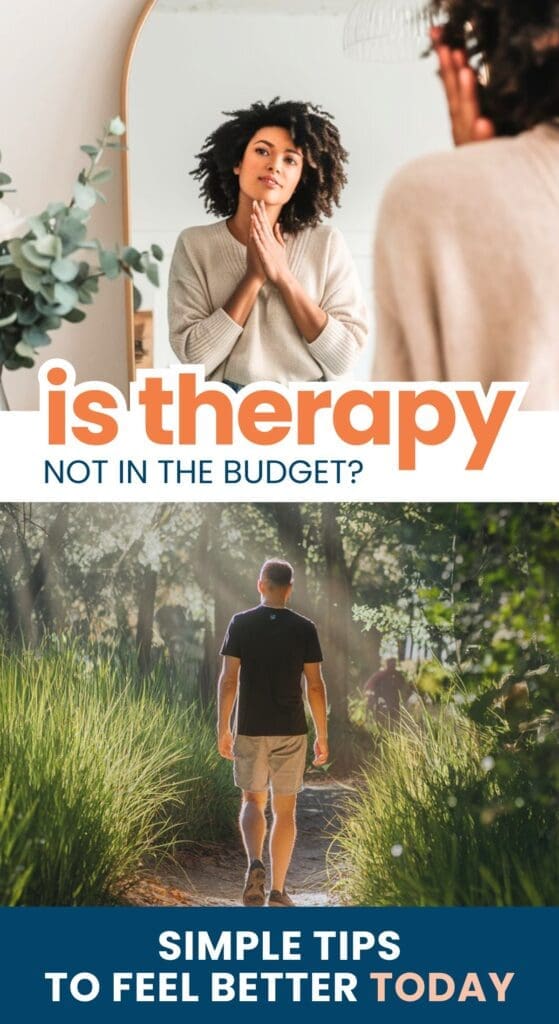
Please note: This website contains affiliate links. As an Amazon Associate, we earn from qualifying purchases at no additional cost to you.
So, you’ve realized that life is a bit of a mess (join the club), and you’d love to talk to a therapist. But then you check the cost, and suddenly, retail therapy sounds like the only kind of therapy you can afford right now.
I get it. Therapy is expensive.
And while mental health professionals are incredible, not everyone has the luxury of paying $150+ per session. But here’s the good news: even if you can’t afford a therapist right now, that doesn’t mean your mental health has to suffer.
There are plenty of budget-friendly ways to take care of your mind, reduce stress, and feel more in control of your emotions.
This isn’t about pretending everything is fine or slapping a motivational quote on your fridge and calling it self-care. This is about real, practical strategies that can genuinely help when you’re feeling overwhelmed, anxious, or just downright stuck.
Ready? Let’s dive into some free or low-cost mental health hacks that actually work. We want you to FEEL BETTER!

DIY Mental Health Support Strategies
Journaling for Clarity and Emotional Release
Before you roll your eyes at the idea of pouring your heart out onto paper like a teenage poet, hear me out. Journaling is one of the best mental health tools out there—and it’s completely free.

Writing things down helps you untangle your thoughts, gain clarity, and even process emotions you didn’t realize were lurking in your brain. Plus, there’s no pressure to be poetic or profound. You can write things like:
- “Today sucked, and I’m mad at the world.”
- “I have no idea what I’m doing, but at least I remembered to drink water.”
- “Why does my brain do this thing where it keeps me up all night over something embarrassing from 2007?”
Try this:
- Gratitude journaling – Write down 3 things you’re grateful for daily. It rewires your brain to focus on the positive (science says so).
- Stream-of-consciousness writing – Set a timer for 5 minutes and write whatever comes to mind. No filter, no editing, just a brain dump.
- Letter to yourself – Write a letter to your future self. You’d be surprised how encouraging it can be to read later.
Bonus: Not into handwriting? Try free journaling apps like Day One or even a private Google Doc.
You may also like:
50 Easy Journal Prompts for Beginners (Even If You Don’t Know What to Write!)
Self Care Sunday: A Simple Guide to Relax and Recharge
Meditation and Deep Breathing Exercises
I used to think meditation was just sitting cross-legged and trying not to think about snacks. Turns out, it’s actually a game-changer for stress and anxiety.
Meditation helps calm that overactive brain of yours, slows racing thoughts, and makes life feel a little less chaotic. And the best part? You don’t have to be a monk on a mountaintop to do it.
Start small:
- The 5-4-3-2-1 method – When anxious, ground yourself by naming 5 things you see, 4 things you feel, 3 things you hear, 2 things you smell, and 1 thing you taste.
- Box breathing – Inhale for 4 seconds, hold for 4, exhale for 4, hold for 4. Repeat. Your nervous system will thank you.
- Free apps – Insight Timer, Smiling Mind, and even YouTube have excellent guided meditations.
Even 5 minutes a day can make a huge difference. And hey, if your mind wanders? That’s normal. Just bring it back, and keep going.
The Power of Physical Movement
I know, I know—exercise gets thrown at every problem like it’s some magical cure-all. But here’s the truth: movement really does make a difference.
No, you don’t have to become a gym rat or run a marathon. Just moving your body in ways you actually enjoy helps release feel-good endorphins and reduce stress.
Affordable ways to get moving:
- Take a 10-minute walk (bonus points if you do it outside).
- Dance around your living room like nobody’s watching.
- Try beginner-friendly YouTube workouts (Yoga with Adriene is a great place to start).
- Stretch before bed—it helps relax your body and mind.
Find something that feels good for you. You’re not training for the Olympics, you’re just giving your brain a little serotonin boost.
Finding Support Through Community and Connection

You don’t need a therapist to talk things out—you just need someone who gets it.
Humans aren’t meant to go through life alone. Even if you’re more of an introvert, having meaningful conversations can do wonders for your mental health.
Ways to connect without spending money:
- Online support groups – There are Facebook groups, Reddit communities, and even free forums for mental health discussions.
- Free local meetups – Check out Meetup.com or community centers for groups focused on mental wellness, hobbies, or shared interests.
- Call or text a friend – Even a simple “Hey, how are you?” can spark a conversation that makes both of you feel better.
Talking to someone who understands—whether it’s a friend, a stranger on the internet, or even your pet—can remind you that you’re not alone in this.
Nature as Therapy

If you’ve ever taken a walk outside and instantly felt a little better, that’s because nature is basically free therapy.
Studies show that spending just 20 minutes outdoors can lower stress hormones. It’s like a mental reset button.
Try this:
- Take your morning coffee outside instead of drinking it at your desk.
- Go for a walk in the park (extra points if you leave your phone in your pocket).
- Open your window and listen to birds, rain, or just fresh air.
And if you can’t get outside? Bring nature to you—get a houseplant, listen to nature sounds, or decorate with earthy colors.
Practicing Self-Compassion and Positive Self-Talk
Would you talk to a friend the way you talk to yourself? Probably not. So why are you being mean to yourself?
Self-compassion isn’t about lying to yourself—it’s about treating yourself with the same kindness you’d give to someone else.
Ways to shift negative self-talk:
- Instead of “I’m such a failure,” try “I’m learning and growing.”
- Instead of “I’m not good enough,” try “I’m doing my best, and that’s enough.”
- Instead of “I’ll never figure this out,” try “This is hard, but I can take it one step at a time.”
It takes practice, but it makes a huge difference. Be your own hype person. You deserve it.
Final Thoughts About Improving Your Mental Health
Therapy is amazing, but if it’s not in the budget right now, you still have options.
Mental health care doesn’t have to be expensive or complicated. Small, intentional actions—like journaling, movement, mindfulness, and connection—can create real, lasting change.
And most importantly? You’re not alone. There are always ways to find support, even when it feels impossible. So start small, be kind to yourself, and remember: you’re doing better than you think.
Now, go take that walk, write that journal entry, or just breathe.
You’ve got this.

Please note: This website contains affiliate links. As an Amazon Associate, we earn from qualifying purchases at no additional cost to you.











